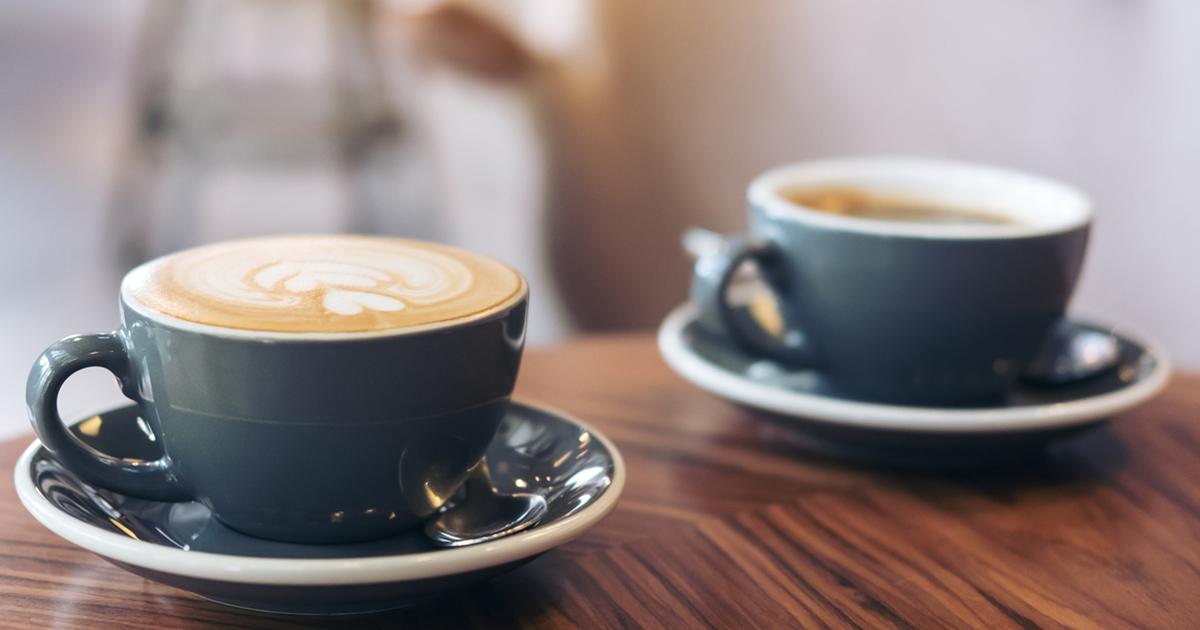Why Does Coffee Make Me Tired – A strong cup of coffee is the top choice for most people who want an energy boost and need to stay awake. But consuming too much of it can leave you drowsy. As you fall nod off you might wonder “Why does coffee make me tired?”
While coffee can help you focus, it can also reduce your energy levels once the effects of caffeine wear off [1].
Caffeine is an excellent stimulant. You can get your caffeine fix from soft drinks, green tea, and energy drinks. But a cup of coffee is the number one source of caffeine. According to the National Coffee Association, 62% of Americans are coffee drinkers.
Drinking caffeine spikes your energy levels and alertness by increasing your heart rate and blood pressure. But just like a sugar high, you also get a caffeine crash from drinking coffee [2].
Coffee can also disrupt your natural circadian rhythm. Some drink coffee assuming that staying awake during the day will reset their sleep-wake cycle.
But coffee can make it harder for to achieve healthy sleeping habits. In turn, you may wake up exhausted and craving for another cup of joe. The cycle repeats, and as you nod off you ask the same question – Why does coffee make me tired [3]?
Sleep Better With This New Cooling Mattress
Why Does Coffee Make Me Tired
Effects Of Coffee On The Body
Coffee Lowers Risk Of Alzheimer’s And Parkinson’s Disease

Can Coffee Make You Sleepy?
Can coffee make you sleepy? The answer is yes – but it doesn’t happen to everyone.
Some people are lucky to not experience adverse side effects of drinking coffee. But for the rest of us that do, many factors answer the question of why coffee make us tired.
Water intake, food intake, and caffeine consumption can play a role in how your body reacts after drinking a cup of coffee. Depending on type of coffee roast, light or dark, and where the beans originate, Arabica versus Robusta for instance, can determine the strength and therefore be the culprit [4].
Caffeine is what causes daytime sleepiness among coffee drinkers. Your body is crashing to its former state. It’s like what hypoglycemic people experience when their glucose level crashes [5].
You can experience dehydration when your daily caffeine intake is high. That causes you to fall asleep after drinking coffee. As the crash takes effect, you feel tired and are more prone to daytime sleepiness [6].
Sleep Better With This New Cooling Mattress
Why Does Coffee Make Me Tired
Effects Of Coffee On The Body
Coffee Lowers Risk Of Alzheimer’s And Parkinson’s Disease

Effects Of Coffee On The Body
The effects of coffee on your body are not all harmful. Read on to learn more about the pros and cons of drinking coffee.
Positive Effects Of Coffee

Drinking Coffee Boosts Endurance
Coffee boosts endurance among athletes and gym-goers. Caffeinated coffee isn’t considered an energy drink. But drinking a cup of coffee before lifting weights can improve your workouts [8].

Drinking Coffee Enhances Focus
Increased and improved focus are more positive effects of coffee in the body. The caffeine in coffee blocks the brain’s neurotransmitters from activating sedation or fatigue. It gives weightlifters a mental boost when exhausted during training [9].
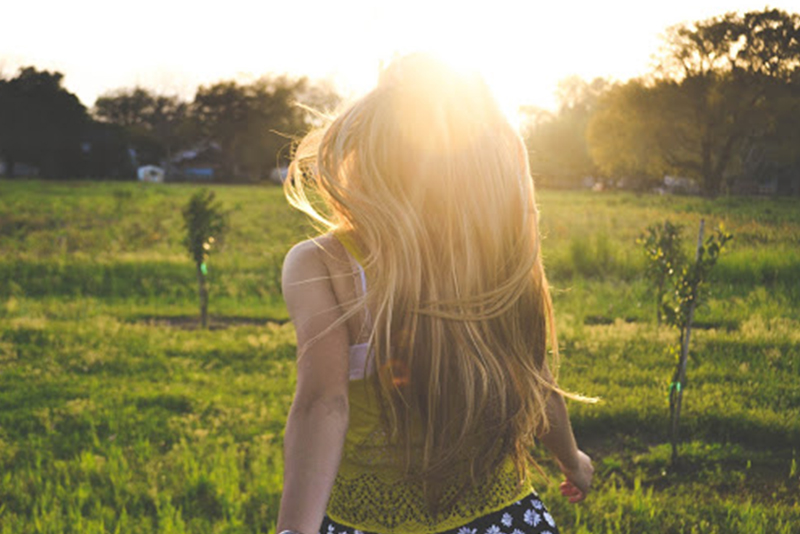
Drinking Coffee Improves Metabolism
Caffeine is not only a stimulant but may also help with fat-burning. The metabolic rates of average-to-obese people increase three hours after drinking caffeine.
It also blunts your appetite and keeps your cravings at bay [10].
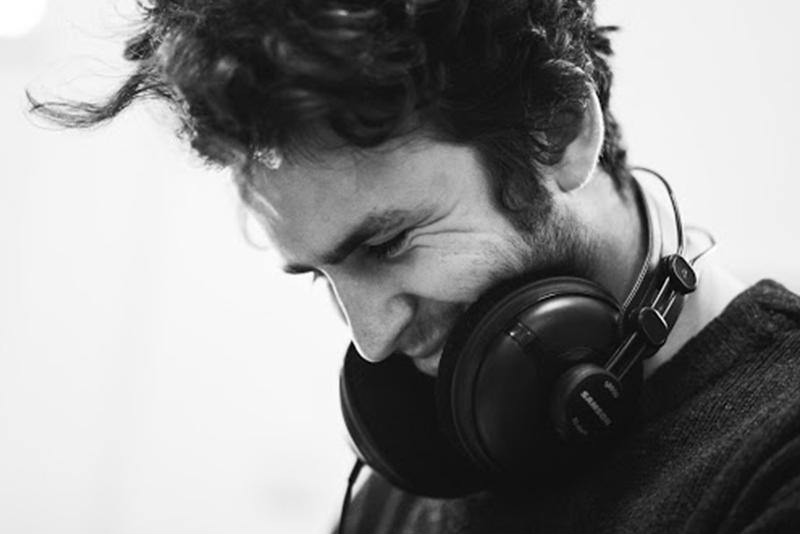
Drinking Coffee Produces Dopamine
Dopamine, aka the happy chemical, controls the pleasure center of your brain [11]. Drinking coffee stimulates the brain’s release of dopamine.

Drinking Coffee Lowers Risk Of Alzheimer’s And Parkinson’s Disease
Can coffee make you sleepy? Yes. But it may reduce your risk of Alzheimer’s and Parkinson’s.
Alzheimer’s disease is the leading source of dementia among seniors aged over 65 years old. The neurodegenerative disease causes permanent damage to a person’s memory and thinking. They have trouble with basic tasks like eating or walking.
Parkinson’s disease develops when the neurons that produce dopamine in the brain die.
Both diseases are incurable and irreversible.
But drinking coffee with or without non-dairy creamer can lower your chances of developing both diseases as much as 65% [12].
Negative Effects Of Coffee
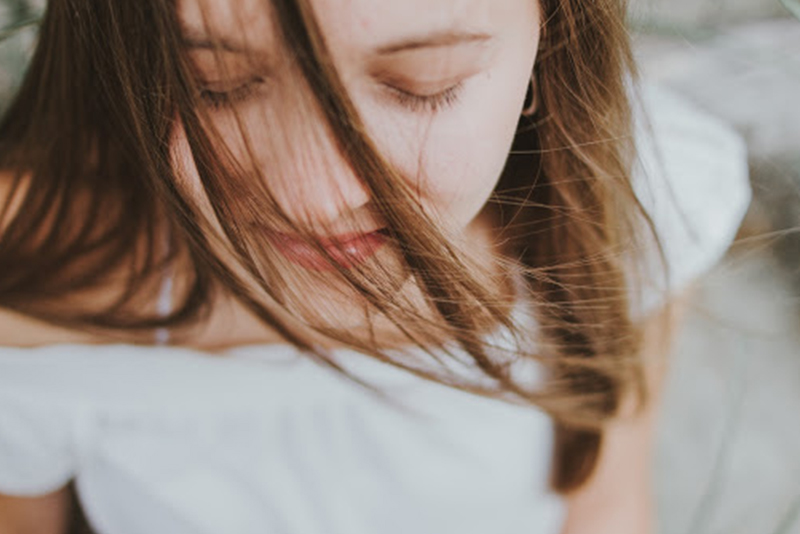
Drinking Coffee Causes Stomach-Related Problems
One of the bad effects of coffee is its role in causing ulcer and hyperacidity.
The ingredients that make up coffee can aggravate the stomach and damage the small intestine lining. It can cause other stomach-related problems: ulcers, Crohn’s disease, IBS, gastritis, cramps, and abdominal spasms [13].
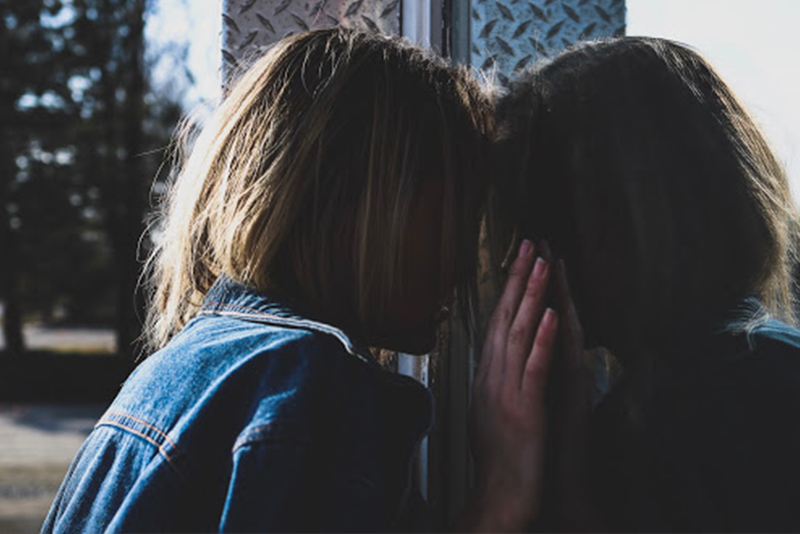
Caffeine Blocks Adenosine Receptors
If drinking coffee makes you sleepy, then coffee could be increasing your adenosine levels.
Adenosine is the chemical in the brain that monitors our sleep-wake cycle. During the day, its levels increase and only drop when you’ve had a night’s sleep. That is the body’s normal circadian rhythm. When you drink a cup of coffee the caffeine suppresses your adenosine receptors. It’s tough to stay awake when you can’t accept adenosine.
Blocked adenosine receptors don’t stop normal production of adenosine. This leaves you with abnormal levels of adenosine. When caffeine wears off, the built-up adenosine dumps in to the adenosine receptors. This makes you want to fall asleep during daytime hours [17].

Dehydrates Your Body
Diuretics are substances that increase the discharge of salt and water from the body [14]. Caffeine is a natural diuretic.
Since caffeine causes frequent urination, your body is at risk of dehydration. As a result, you feel more tired even after a coffee nap. When your body undergoes water loss, your cardiovascular system can’t sustain blood pressure. Dehydration increases heart rate, makes you feel sleepy, and gives you adrenal fatigue. Caffeine can also constrict blood vessels which, as a result, cause changes in the body’s blood flow [15].
If you drink coffee there’s an easy way to avoid dehydration, chronic fatigue syndrome, and sleep deprivation.
The solution? Drink water, and lots of it. Adult males should aim for 15 cups of water per day while female adults should aim for 11 cups of water per day [16].
Sleep Better With This New Cooling Mattress
Why Does Coffee Make Me Tired
Effects Of Coffee On The Body
Coffee Lowers Risk Of Alzheimer’s And Parkinson’s Disease

Why Does Coffee Make Me Tired Conclusion
For most people, drinking coffee in moderation is okay. But you can prevent the crash and sleepiness by taking a brisk midday walk and opting for a cup or two of decaf coffee.
Green tea in the afternoon will also reduce your risk of coffee-related side effects [7].
Why Does Coffee Make Me Tired References;
[1] US National Library of Medicine, National Institutes of Health; Coffee and its consumption: benefits and risks., Butt MS, Sultan MT, April 2011.
[2] National Coffee Association USA; Daily Coffee Consumption Up Sharply, March 25, 2017.
[3] Chicago Reader; Health: Does Coffee Make You Sleepy?, Roger Downey, May 24, 1990.
[4] Men’s Journal; Why Does Caffeine Make Me Tired?, Caitlin Carlson.
[5] US National Library of Medicine, National Institutes of Health; The best defense against hypoglycemia is to recognize it: is caffeine useful?, Watson J, Kerr D, Summer 1999.
[6] US National Library of Medicine, National Institutes of Health; Daytime Sleepiness, Circadian Preference, Caffeine Consumption and Use of Other Stimulants among Thai College Students, Jason Tran, Somrat Lertmaharit, Vitool Lohsoonthorn, Wipawan C. Pensuksan, Thanapoom Rattananupong, Mahlet G. Tadesse, Bizu Gelaye,Michelle A. Williams, June 30, 2014.
[7] US National Library of Medicine, National Institutes of Health; The Relationship Between Caffeine, Sleep, and Behavior in Children, Emily J. Watson, Bachelor of Psychology (Honors), Siobhan Banks, PhD, Alison M. Coates, PhD, Mark J. Kohler, PhD, April 15, 2017.
[8] US National Library of Medicine, National Institutes of Health; Effects of caffeine intake on muscle strength and power: a systematic review and meta-analysis,
Jozo Grgic, Eric T. Trexler, Bruno Lazinica, Zeljko Pedisic, March 05, 2018.
[9] US National Library of Medicine, National Institutes of Health; Caffeine: Cognitive and Physical Performance Enhancer or Psychoactive Drug?,
Simone Cappelletti, Piacentino Daria, Gabriele Sani, Mariarosaria Aromatario, January 2015.
[10] US National Library of Medicine, National Institutes of Health; Effect of different amounts of coffee on dietary intake and appetite of normal-weight and overweight/obese individuals., Gavrieli A, Karfopoulou E, Kardatou E, Spyreli E, Fragopoulou E, Mantzoros CS, Yannakoulia M., June 21, 2013.
[11] US National Library of Medicine, National Institutes of Health; Caffeine promotes wakefulness via dopamine signaling in Drosophila, Aleksandra H. Nall, Iryna Shakhmantsir, Karol Cichewicz, Serge Birman, Jay Hirsh, Amita Sehgala, February 12, 2016.
[12] US National Library of Medicine, National Institutes of Health; Possible Health Effects of Caffeinated Coffee Consumption on Alzheimer’s Disease and Cardiovascular Disease,
Dong-Chul You, Young-Soon Kim, Ae-Wha Ha, Yu-Na Lee, Soo-Min Kim, Chun-Heum Kim, Seung-Ha Lee, Dalwoong Choi, Jae-Min Lee, March 27, 2011.
[13] American Family Physician; Peptic Ulcer Disease, Kalyanakrishnan Ramakrishnan, MD, FRCSE, Robert C. Salinas, MD, October 01, 2007.
[14] US National Library of Medicine, National Institutes of Health; Caffeine and diuresis during rest and exercise: A meta-analysis, Yang Zhang, Aitor Coca, Douglas J. Casa Jose Antonio, James M. Green, Phillip A. Bishop, August 09, 2014.
[15] US National Library of Medicine, National Institutes of Health; Coffee with High but Not Low Caffeine Content Augments Fluid and Electrolyte Excretion at Rest, Adam D. Seal, Costas N. Bardis, Anna Gavrieli, Petros Grigorakis, J. D. Adams, Giannis Arnaoutis, Mary Yannakoulia, Stavros A. Kavouras, August 18, 2017.
[16] US National Library of Medicine, National Institutes of Health; The role of adenosine receptors in the central action of caffeine, John W. Daly, Dan Shi, Olga Nikodijevic, Kenneth A. Jacobson, 1994.
